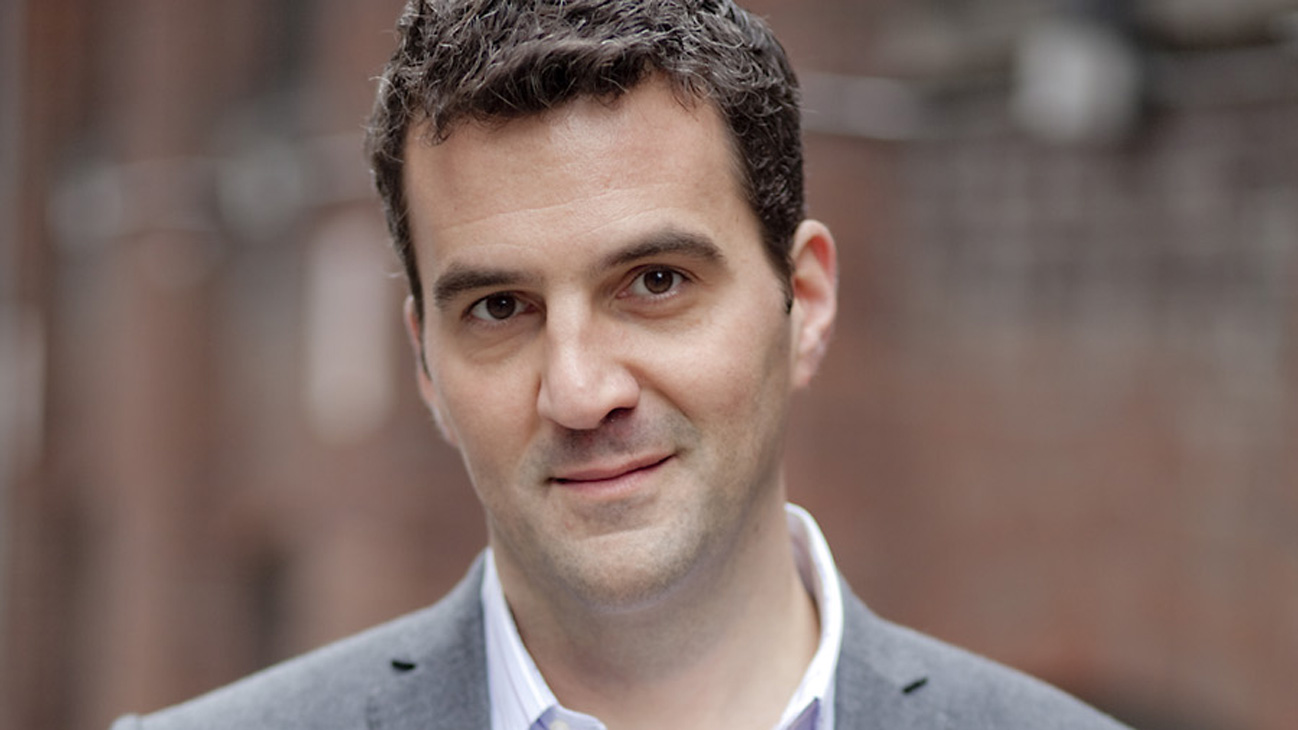Max Valiquette helps companies, organizations, and brands find solutions to their problems by better understanding their employees, customers, and communities. He was named one of Canada’s “Most Influential Marketers” by Marketing magazine, and has worked with some of the biggest brands around the world. His varied expertise makes him one of the most sought-after public speakers on youth culture, media, and marketing. Max recently spoke at the Economic Developers Council of Ontario conference, and shared five ideas about Millennials with the audience:
Making sense of millennial will be crucial for businesses and cities like Hamilton, an economic development conference heard on Thursday, but how do you do it?
Max Valiquette, a marketer with Bensimon Byrne who has built his career on understanding trends among young people, took a shot at it during the final keynote presentation of this year’s Economic Developers Council of Ontario conference, held in Hamilton.
Valiquette’s speech touched on everything from demographics to puberty to technology with the simple goal of helping those in the audience simply understand young people. Here are 5 ideas he put forward:
Millennials have tremendous power
Valiquette calls them Generation W; a huge demographic group aged 15-34 that drive most of today’s trends.
For proof, Valiquette asked the audience — which skewed largely older — when was the first time they sent a text message. Many admitted it was with their children.
Millenials have since pushed forward with more and more technology since then, and almost everyone else has been along for the ride.
And, due to a large age range that share similar values, Valiquette said millenials are “probably the most powerful group of young people we’ve ever had.”
Take that, boomers.
Millennials are worried
But despite that power, youth are staring at some bleak employment numbers among their peers, Valiquette said, citing an Ontario jobless rate of 17 per cent.
“The threat of potential joblessness hangs over the head of every Canadian,” he said.
To complicate that further, youth are incurring more debt than ever while attaining post-secondary degrees and often not seeing a return on their investment — something they’re obviously worried about, Valiquette said.
Many are now “fundamentally thinking about the employment they want,” instead of thinking about what they’d like to study, Valiquette said.
Though Valiquette didn’t get into it, a shift away from post-secondary would have a major effect in a city like Hamilton where McMaster University has some 30,000 students.
Focus on ‘new careerists’
Valiquette urged those in the audience who are hiring to focus on the older end of the millennial demographic, a group he described as being closer to making big life decisions like getting married and having kids.
He calls them “new careerists,” and said this group can make ideal employees.
And, these youth may be a good group to target for Hamilton.
Though he didn’t often directly speak about the host city, Valiquette said Hamilton has done a good job on bringing young people here to live, but there’s “room to grow” when it comes to the number working in Hamilton.
Get digital, social and mobile
If you want to appeal to young people, Valiquette told the audience, you have to find something in common with them. And that means being online and being on their smartphones, he said.
“Everything revolves around the phone,” he said.
“Everything happens here.”
Valiquette said 94 per cent of youth are online every day, while 92 per cent are using mobile devices. During that time, they’re often connecting with wide social networks via the well-known apps like Facebook and Twitter, but also smaller, rapidly growing ones like Instagram, Snapchat and, yes, Tinder.
If you’re a millennial, you likely rolled your eyes at that last sentence. But if you’re in the business of marketing to youth and don’t know those apps, Valiquette said, you need to figure them out.
Millennials respond to positive messaging
Valiquette’s key takeaway was that if you’re trying to recruit youth, you need to “get positive.”
“Present jobs in the most positive light possible,” he said, adding “your hiring practices begin long before you’re actually hiring someone.”
Millenials — despite frequently being criticized by older employers — bring many skills to the table including, more than ever, entrepreneurial mindsets, Valiquette said.
Yes, Valiquette said, you may need to set clear expectations of workplace behaviour with younger employees, but they bring plenty of ambition that can be capitalized on.

